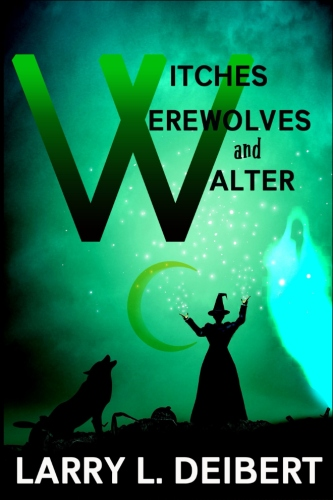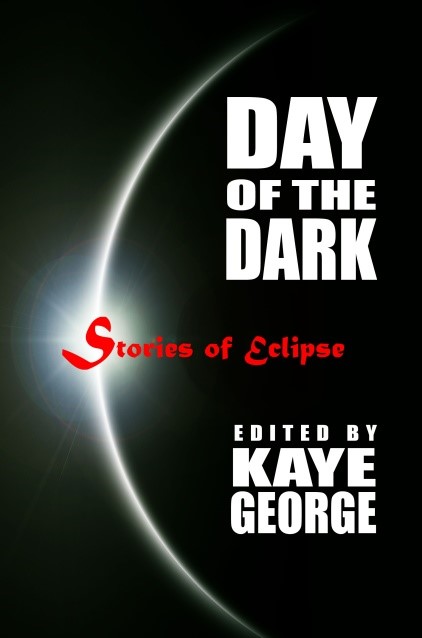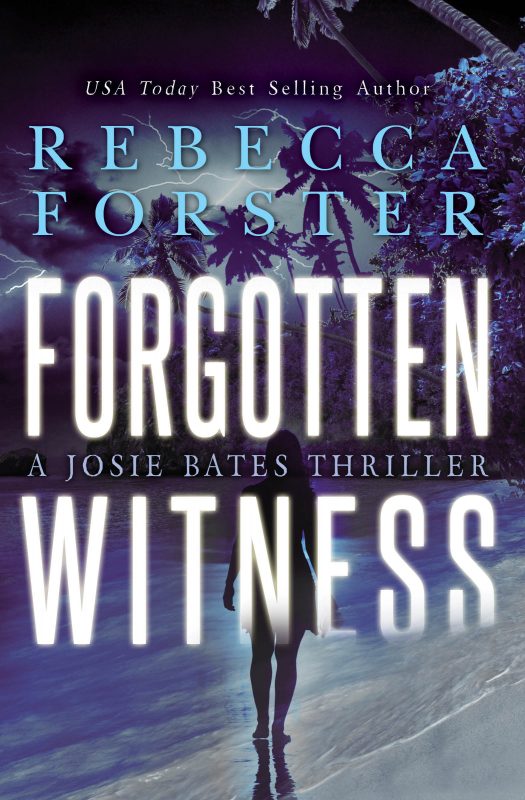Rules of the Road by Jenny Jensen
September 19, 2020 by Jenny Jensen in category On writing . . . by Jenny Jensen, Writing
Rules of the Road
I enjoy driving, except for those time when some numptie ignores traffic rules. Whizzing through red lights, flying through stop signs, speeding, texting, ignoring yield signs all certainly disrupt the smooth flow of traffic, often catastrophically. We good drivers know that those who chose to ignore the rules are the bad drivers—or failed ones. While I have the choice to take defensive action in traffic and avoid most collisions I find I can’t defend against, avoid or ignore writers who chose to ignore the rules of grammar and punctuation. I’d rather just close the book or delete it.
I’m not a grisly grammarian or a pedantic pedagogue (redundant?) – really! It’s that I love our beautiful language and I love to read, to immerse myself in the lyrical flow of words well written and a story well told. I admit there have been times I wished I carried a big read marker so I could correct an egregious misuse. “Hunters please use caution when hunting pedestrians using walk trails” being one example that gave me really itchy fingers. I was laughing too hard to be incensed, though I did worry a bit about getting shot.

The rules of the written word are like the rules of the road, a map to smooth sailing. Correct punctuation guides the reader, unconsciously and effortlessly, to get where she wants to be; lost in the story. Commas tell the reader to take a breath, or make instant sense of a string of adjectives or a list. Commas are what show the meaning, cadence and flow of a character’s voice. A semi colon or an em-dash tells the reader to yield just a touch then get onto a related point. Quotation marks show who is speaking and for how long. An ellipses indicates a pause or shows that a thought has trailed off. A period brings our reader eye to a full stop.
The rules of grammar set the reader free of confusing nests of conflicting definitions. Does “Their on the way to the concert” mean ‘The goose/uncle/cockatoo belonging to the characters is headed to the concert and the object of the sentence just got left out? Or is the dialog meant to suggest there is the way to the concert, or did the writer intend a sensible contraction, they’re? Sneaky homophones.

I’m disappointed when an intriguing story is riddled with errors of grammar and punctuation. I really want to hear the tale but I’m forced to puzzle out meaning and narrative flow – even if it only takes an instant to understand, that instant is too long. It just isn’t necessary. The only time the rules of grammar and punctuation are unimportant is during the process of creating. Who cares if draft #1 is a grammarian’s nightmare? Or drafts #2 – 4 for that matter. What’s important at that stage is getting the story down, then making it work, then making it sing—no matter how many drafts it takes.
Once the story pleases the author there is no excuse to launch it into the world without a proper proofing. If a writer feels a full edit isn’t needed, that’s their choice but believe me when I say every published work should first be proofed. There are hundreds of editors—including myself—who offer that professional service at a reasonable price. A thorough proofing is worthy of the energy put into creating the book and respectful of the language and the reader.
Whew! A rant. Thanks for listening.
1 1 Read moreAffiliate Links
A Slice of Orange is an affiliate with some of the booksellers listed on this website, including Barnes & Nobel, Books A Million, iBooks, Kobo, and Smashwords. This means A Slice of Orange may earn a small advertising fee from sales made through the links used on this website. There are reminders of these affiliate links on the pages for individual books.
Search A Slice of Orange
Find a Column
Archives
Featured Books
UNTETHERED: SWEET, FUNNY, AND STRANGE TALES OF THE PARANORMAL
Stoke the campfire and get ready for some chills and goosebumps when you open this paranormal addition to the award-winning Bethlehem Writers Group's "Sweet, Funny, and Strange" anthologies.
More info →DAY OF THE DARK
A recipe for disaster: take one total solar eclipse, add two dozen spine-chilling mysteries, and shake the reader until the world ends in Day of the Dark!
More info →FORGOTTEN WITNESS
A madman's ramblings, a government's secrets and a personal pain send Josie Bates into hell on earth.
More info →Newsletter
Contributing Authors
Search A Slice of Orange
Find a Column
Archives
Authors in the Bookstore
- A. E. Decker
- A. J. Scudiere
- A.J. Sidransky
- Abby Collette
- Alanna Lucus
- Albert Marrin
- Alice Duncan
- Alina K. Field
- Alison Green Myers
- Andi Lawrencovna
- Andrew C Raiford
- Angela Pryce
- Aviva Vaughn
- Barbara Ankrum
- Bethlehem Writers Group, LLC
- Carol L. Wright
- Celeste Barclay
- Christina Alexandra
- Christopher D. Ochs
- Claire Davon
- Claire Naden
- Courtnee Turner Hoyle
- Courtney Annicchiarico
- D. Lieber
- Daniel V. Meier Jr.
- Debra Dixon
- Debra H. Goldstein
- Debra Holland
- Dee Ann Palmer
- Denise M. Colby
- Diane Benefiel
- Diane Sismour
- Dianna Sinovic
- DT Krippene
- E.B. Dawson
- Emilie Dallaire
- Emily Brightwell
- Emily PW Murphy
- Fae Rowen
- Faith L. Justice
- Frances Amati
- Geralyn Corcillo
- Glynnis Campbell
- Greg Jolley
- H. O. Charles
- Jaclyn Roché
- Jacqueline Diamond
- Janet Lynn and Will Zeilinger
- Jaya Mehta
- Jeannine Atkins
- Jeff Baird
- Jenna Barwin
- Jenne Kern
- Jennifer D. Bokal
- Jennifer Lyon
- Jerome W. McFadden
- Jill Piscitello
- Jina Bacarr
- Jo A. Hiestand
- Jodi Bogert
- Jolina Petersheim
- Jonathan Maberry
- Joy Allyson
- Judy Duarte
- Justin Murphy
- Justine Davis
- Kat Martin
- Kidd Wadsworth
- Kitty Bucholtz
- Kristy Tate
- Larry Deibert
- Larry Hamilton
- Laura Drake
- Laurie Stevens
- Leslie Knowles
- Li-Ying Lundquist
- Linda Carroll-Bradd
- Linda Lappin
- Linda McLaughlin
- Linda O. Johnston
- Lisa Preston
- Lolo Paige
- Loran Holt
- Lynette M. Burrows
- Lyssa Kay Adams
- Madeline Ash
- Margarita Engle
- Marguerite Quantaine
- Marianne H. Donley
- Mary Castillo
- Maureen Klovers
- Megan Haskell
- Melanie Waterbury
- Melisa Rivero
- Melissa Chambers
- Melodie Winawer
- Meriam Wilhelm
- Mikel J. Wilson
- Mindy Neff
- Monica McCabe
- Nancy Brashear
- Neetu Malik
- Nikki Prince
- Once Upon Anthologies
- Paula Gail Benson
- Penny Reid
- Peter J Barbour
- Priscilla Oliveras
- R. H. Kohno
- Rachel Hailey
- Ralph Hieb
- Ramcy Diek
- Ransom Stephens
- Rebecca Forster
- Renae Wrich
- Roxy Matthews
- Ryder Hunte Clancy
- Sally Paradysz
- Sheila Colón-Bagley
- Simone de Muñoz
- Sophie Barnes
- Susan Kaye Quinn
- Susan Lynn Meyer
- Susan Squires
- T. D. Fox
- Tara C. Allred
- Tara Lain
- Tari Lynn Jewett
- Terri Osburn
- Tracy Reed
- Vera Jane Cook
- Vicki Crum
- Writing Something Romantic
Affiliate Links
A Slice of Orange is an affiliate with some of the booksellers listed on this website, including Barnes & Nobel, Books A Million, iBooks, Kobo, and Smashwords. This means A Slice of Orange may earn a small advertising fee from sales made through the links used on this website. There are reminders of these affiliate links on the pages for individual books.








































